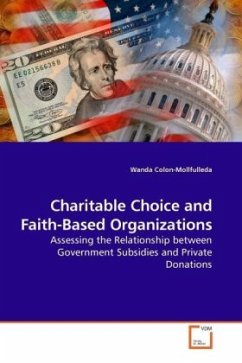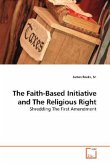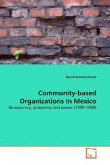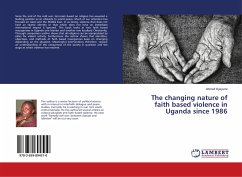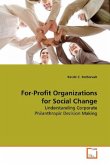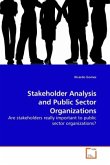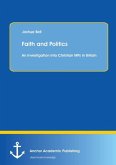This book assesses the impact of government funding, resulting from the passage of the charitable choice provision, on donations to faith-based organizations (FBOs). It tests the tenets of the crowding-out hypothesis, which posits that government funding to nonprofit organizations decreases or "crowds-out" private donations. The author uses mixed research methods to evaluate the relationship between public subsidies and private donations. The results of the quantitative research reject the crowding-out hypothesis and indicate that the relationship between government funding and private donations is not statistically significant. They show that there are no statistically significant differences in private donations between government and non-government funded FBOs. The results of the case study show that fundraising activities enable FBOs to fulfill their mission and that FBOs are likely to provide direct services to the homeless or administer homeless prevention programs. They indicate that public subsidies are often associated with bureaucracy and seen as a threat to FBOs' faith activities. The conclusion is that public subsidies do not diminish private donations to FBOs.
Bitte wählen Sie Ihr Anliegen aus.
Rechnungen
Retourenschein anfordern
Bestellstatus
Storno

